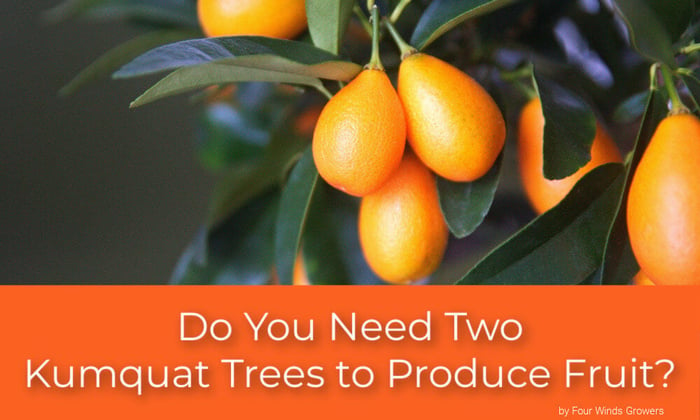Table of Contents
Summer Care for Your Citrus Trees
Proper summer care for your citrus trees is important for the health and harvest of your trees. Most citrus start to develop new fruit in the spring, and the fruit is nurtured and grows throughout the summer and fall to prepare for winter harvesting. If the tree lacks proper sun or water, the fruit will be affected. Here are some tips on how to keep your citrus trees happy and thriving during the hot summer months.
Sun
Citrus trees thrive in full sun, so make sure they receive at least 6-8 hours of direct sunlight each day. They prefer warm temperatures but can tolerate some heat. If extreme temperatures are forecasted, consider providing shade or moving potted citrus trees to a more sheltered location. Citrus Trees are understory trees, so they do not mind some shade during the hottest part of the day or the late afternoon.
Watering
Citrus trees need regular and deep watering, especially in the summer. You will probably have to water more often than you did in the spring. Water the tree deeply, ensuring that the water reaches all the way down to the root zone. Be cautious not to overwater, as citrus trees don't like soggy roots, or “wet feet”. T properly sized pot and well-draining soil will help ensure that this doesn't happen. Allow the top inch or so of the soil to dry out before watering again. Soil should be moist, but not soggy. (Click here to read about deep watering vs. overwatering your citrus tree)
Fertilizing
Citrus trees benefit from regular fertilization during the growing season. Use a balanced fertilizer such as Romeo Plant Food, and follow the instructions on the product label. Typically, fertilize every 4-6 weeks during the summer. Your soil mix should be moist and not dried out before feeding. Do not fertilize during the hottest days of the summer.
Romeo Plant Food / Fertilizer (non-organic - 2:1:1)

$14.00
--ROMEO-- Romeo® Soluble Plant Food 24-14-14 in concentrated solid form. Suitable for application to trees and plants indoors and outdoors year-round. For application during normal watering. Higher Nitrogen fertilizer. Product of USA Available in 1 or 5 lb. bags We… read more
Pruning
Summer is not the ideal time for extensive pruning, as citrus trees produce fruit during this season. It should only be done sparingly to maintain the tree's shape and airflow or to remove any dead or diseased branches. (Click here to read about springtime citrus pruning)
Pests
Keep an eye out for common pests like aphids, scales, and citrus leaf miners. Regularly inspect your citrus tree for signs of infestation, such as curled leaves, sticky residue, or distorted growth. They are usually on the undersides of young, new leaves.
If you spot pests, smash them with your fingers or use appropriate insecticidal soaps or horticultural oils to control the problem. Any treatment should be done in the evening, so that the leaves have time to dry out overnight. For combined sunscald protection and pest repellent, try the easy to use spray IV Organics Plant Guard.
Thinning
In the first few years of your citrus tree’s life, it's beneficial to thin out the fruit. This helps the tree focus its energy on developing larger and healthier roots and branches. If you have a tree that is of fruit-bearing age, remove smaller, misshapen, or damaged fruits, leaving a few inches of space between the remaining pieces for air flow.
Inspect your citrus tree regularly, checking for any signs of disease, nutrient deficiencies, or other problems. Early detection and treatment can prevent more significant issues down the line.




